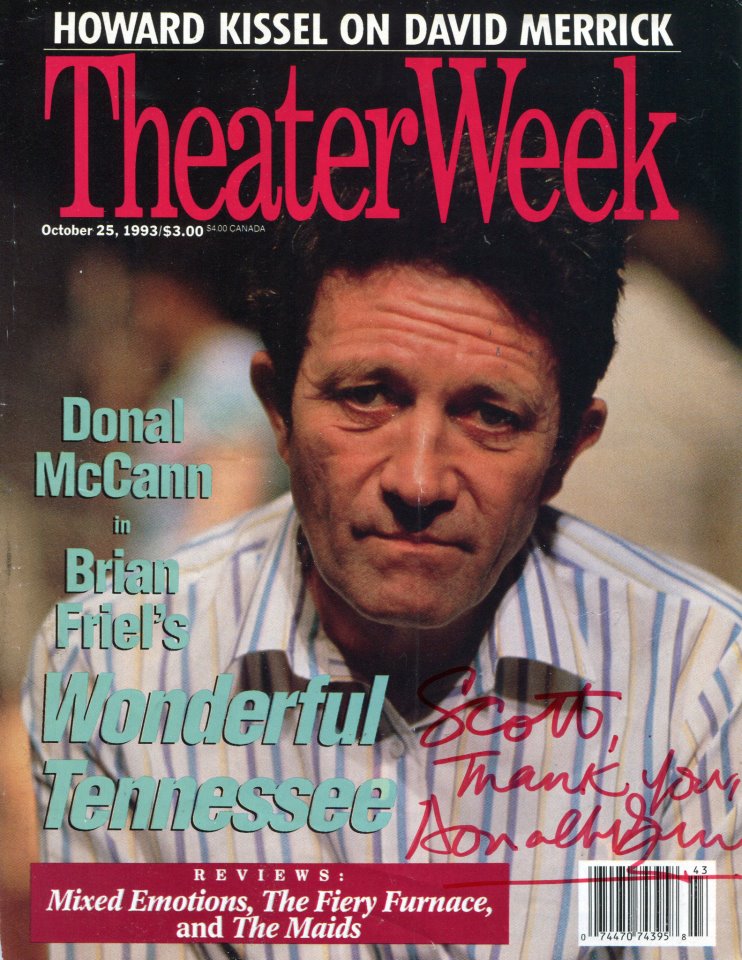
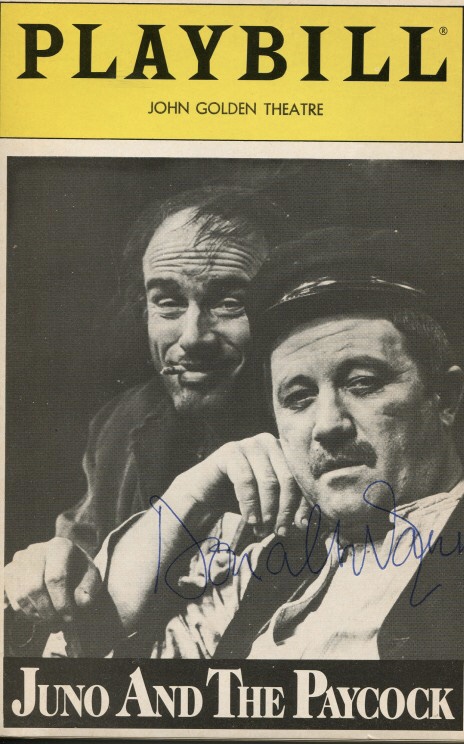
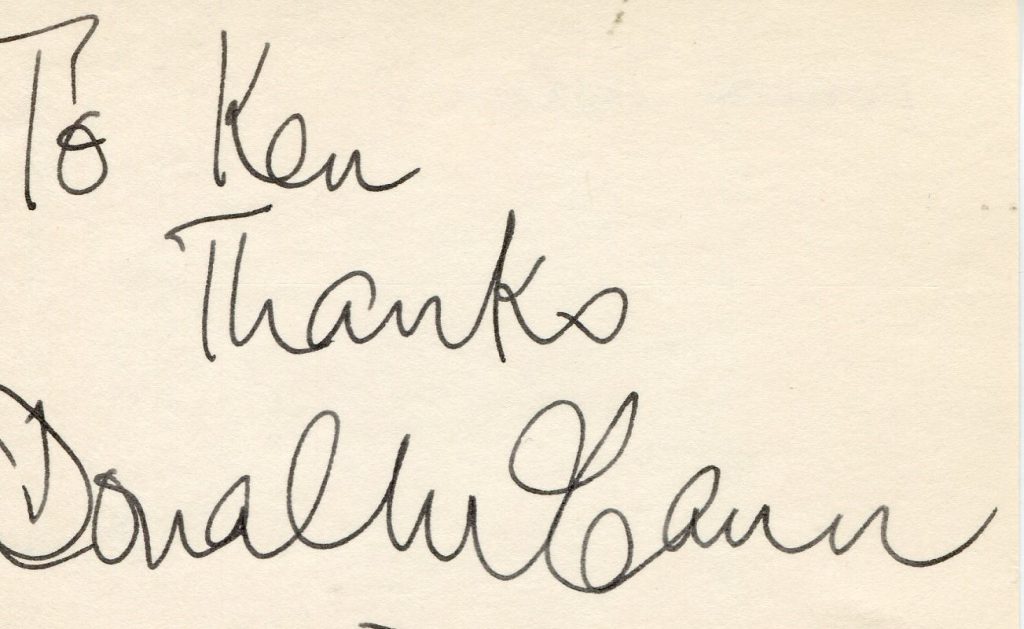
Donal McCann obituary in “The Independent” in 1999.
Primarily a stage actor Donal McCann has made very few films since his debut in 1966 in Walt Disney’s “The Fighting Prince of Donegal”. However his magnificent performance in John Huston’s elegy “The Dead” with Anjelica Huston ensures him a place in film history. He played the central part of Gabriel Conroy the steady responsible nephew and his monologue at the end of the film is among the most moving on celluloid. He died in 1999.
“Independent” obituary:
DONAL McCANN was the finest Irish stage actor of recent years. His last great role, in Sebastian Barry’s The Steward of Christendom, prompted Newsweek to describe him as “the greatest actor in the English- speaking world”; the play was a huge success in Britain, America and Australia as well as Ireland. McCann epitomised a strong modern Irish theatre tradition of intense but unforced acting, the antithesis of the method school, in which creation of character depends more on empathy with the core personality than contrived mannerism. From the mid-1980s he became fixed in the public mind as the quintessential performer of Sean O’Casey’s Irish classics. He had a disarmingly easy fluency in O’Casey’s flinty dialogue and the musical nuances of working-class Dublin accents. But most of all he had an exemplary timing which carried scenes that could otherwise fall flat. His performances drew many back for a second and third time, prompting several return productions and lucrative foreign tours for Dublin companies. His father, John McCann, was an author and journalist who was President of the Writers, Actors, Artists and Musicians Association and wrote comedies staged at the Abbey Theatre in Dublin and several radio plays for RTE and the BBC. An active politician in the largest Irish party, Fianna Fail, led by Eamon De Valera, he held a seat in the Dail, the Irish parliament, from 1943 to 1954.
Donal was reared in the pleasant Dublin suburb of Terenure. After schooling at Terenure College, where his early acting potential was noted, he studied architecture and then tried his hand as a journalist, working for 18 months as a copy-boy on The Irish Press (a Fianna Fail newspaper).
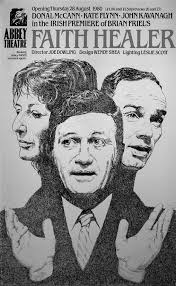
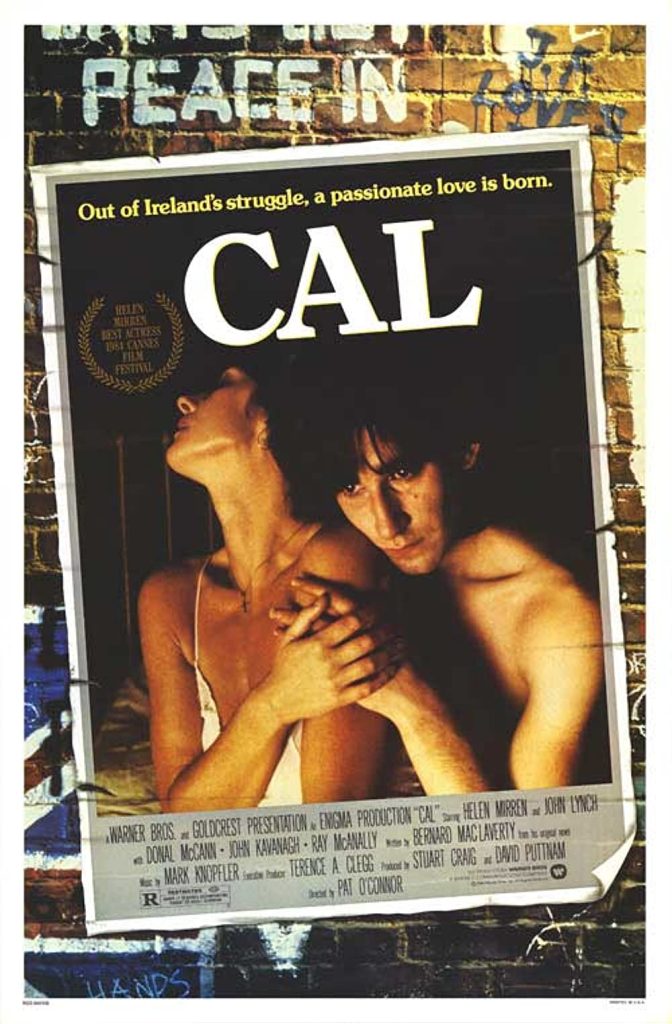
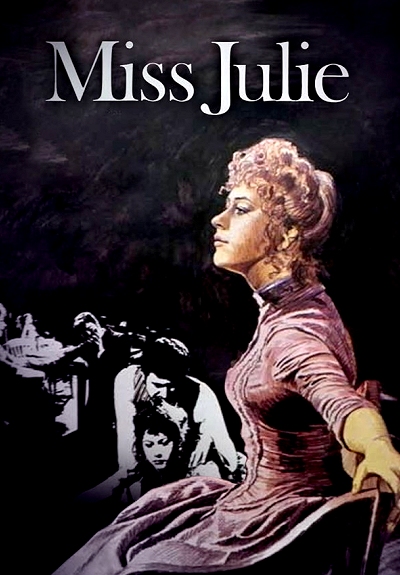
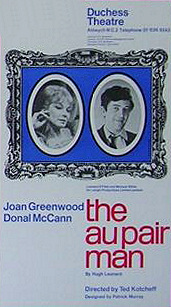
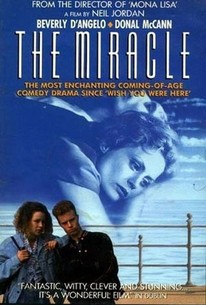
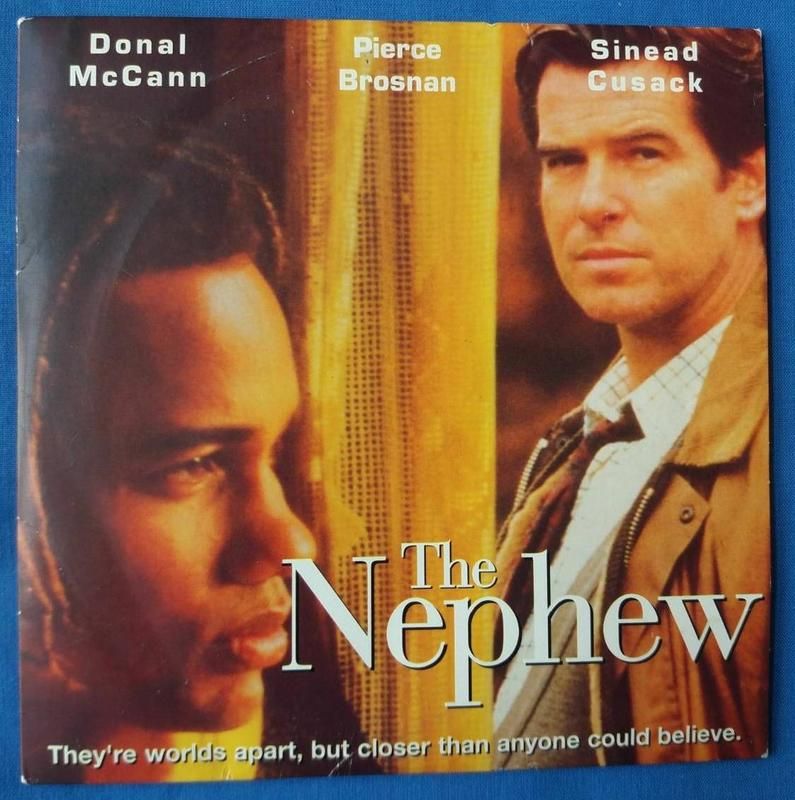
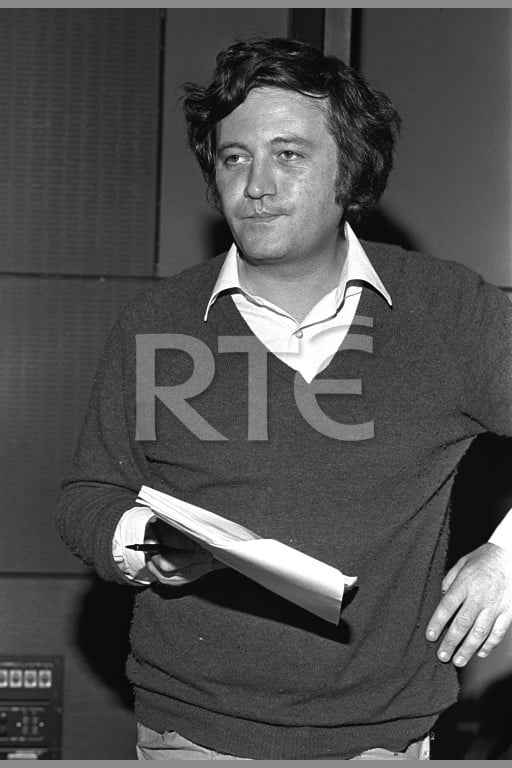
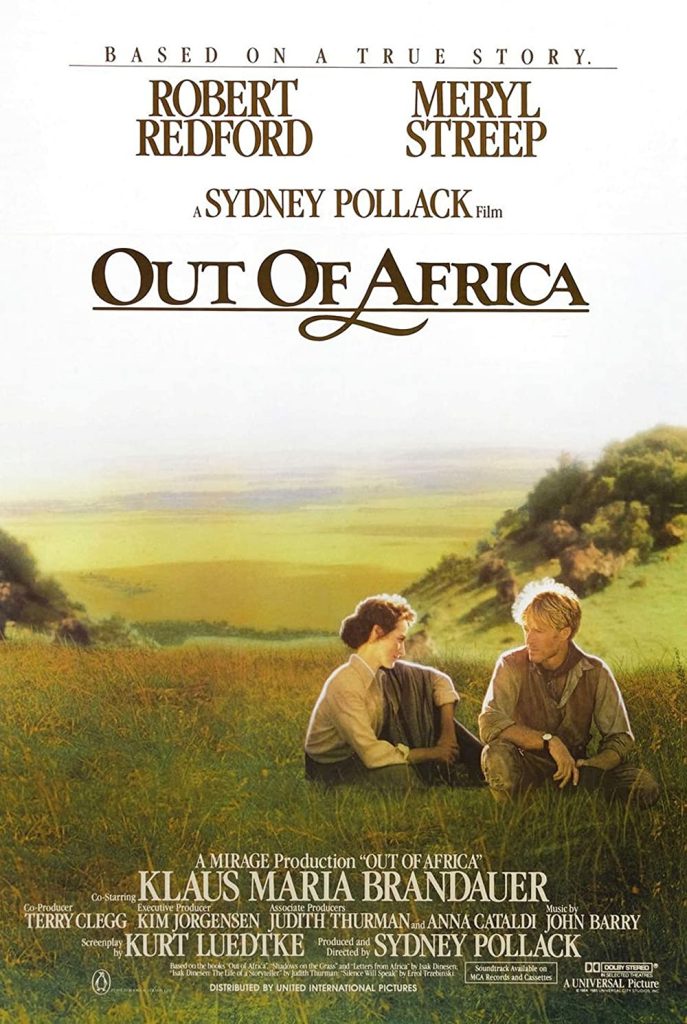
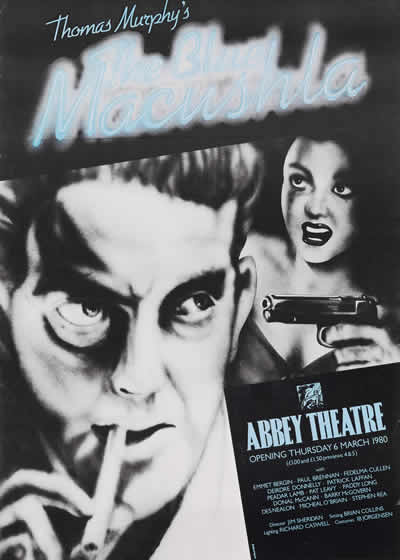
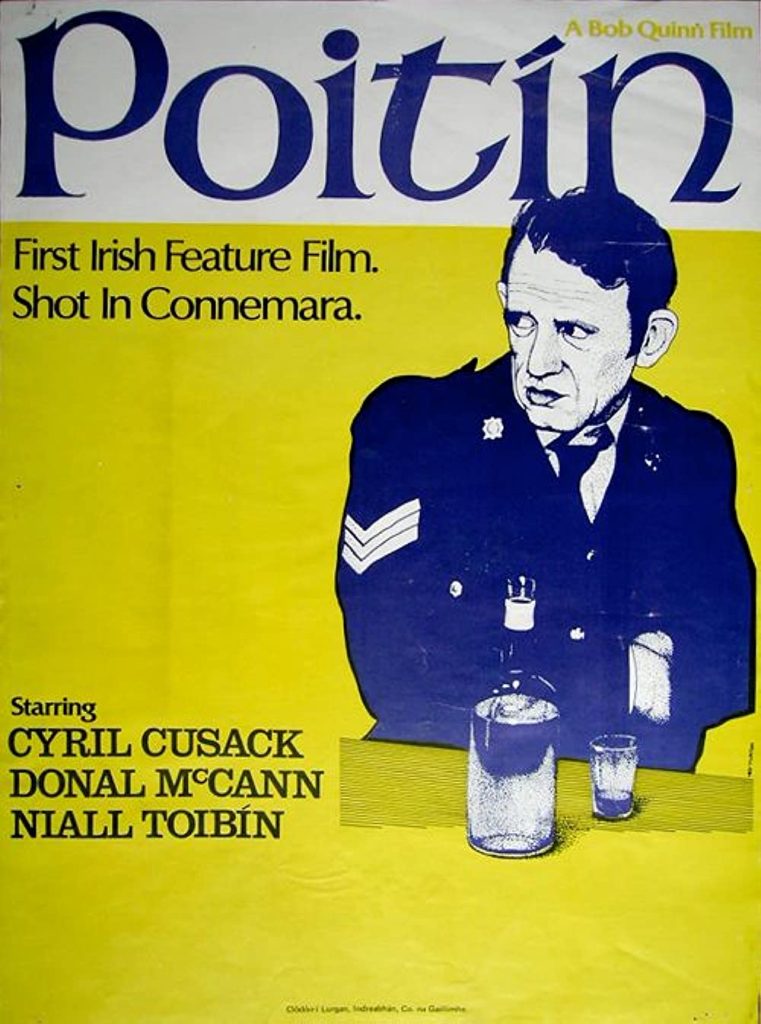
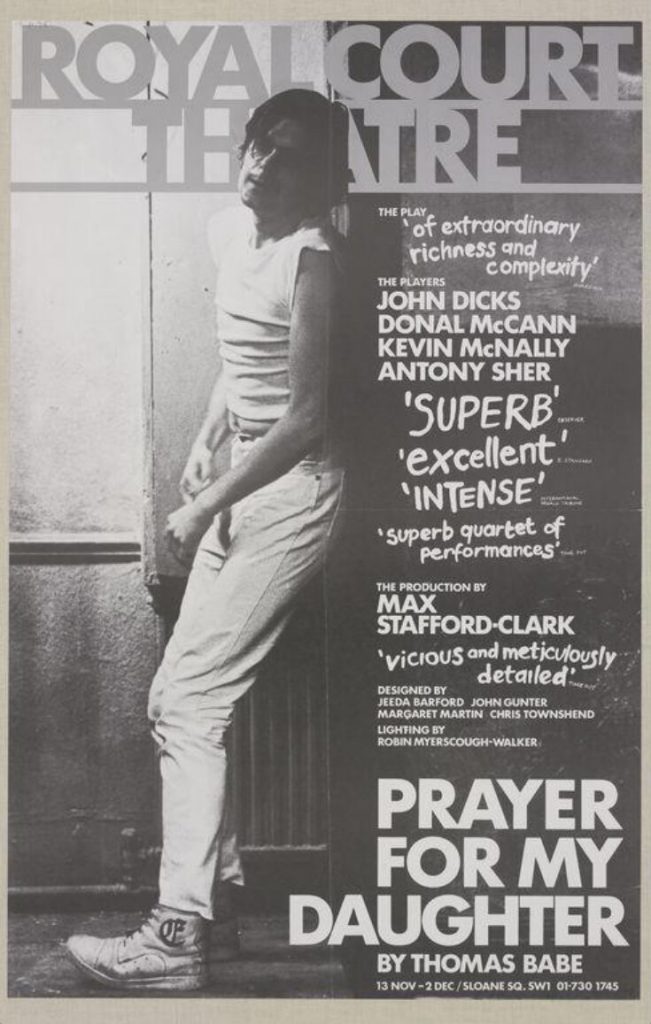
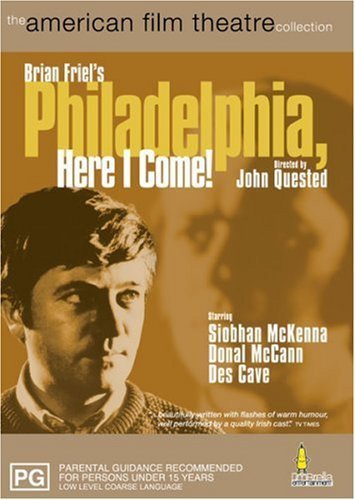
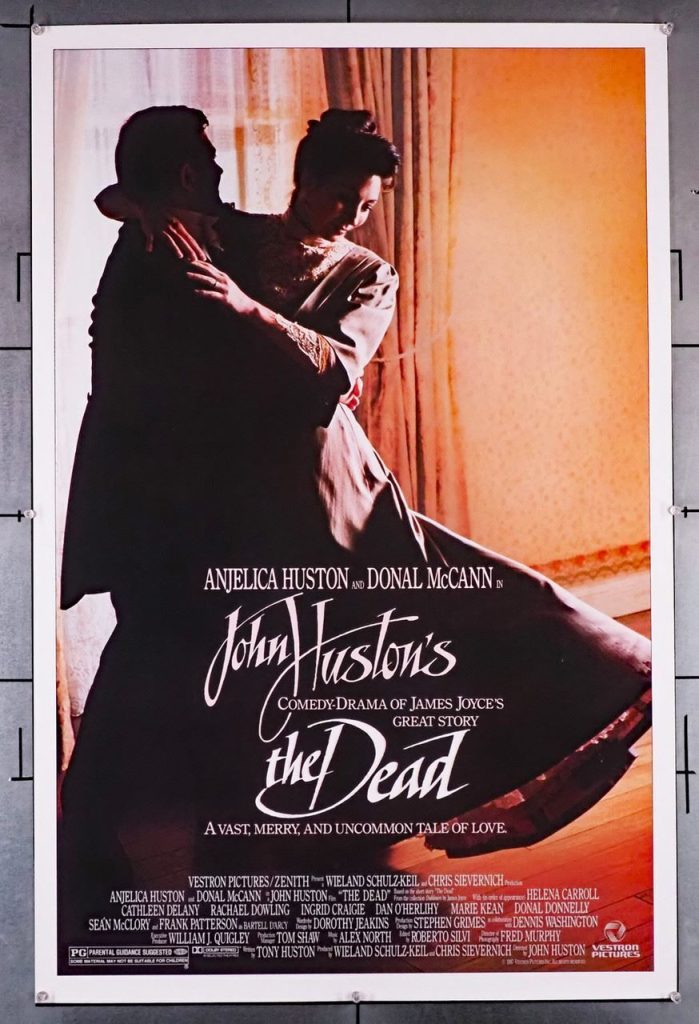
While there he began acting, training with Dublin’s Queen’s Theatre, the Abbey School, and the Academy. His theatre debut was as the Cardinal of Uganda in Rolf Hochhuth’s play The Successor, but his breakthrough came in the stage version of Patrick Kavanagh’s novel Tarry Flynn.
The story is a poignant memoir of the sensitive writer’s bleak, impoverished youth in rural Co Monaghan where the only certain pleasure was rejoicing in a neighbour’s misfortunes. It was well suited to what was to emerge as McCann’s hallmark, an ability to evoke the darker, harsher sides of adversity and to bring acute sensitivity to moments of tragedy. Kavanagh himself was enthralled by the performance.
From 1968 McCann was a full member of the Abbey’s repertory company, effectively Ireland’s national theatre. He appeared in Dion Boucicault’s The Shaughran, which travelled to London and won him many British offers of work.
He subsequently played in London productions such as Strindberg’s Miss Julie for the Royal Shakespeare Company in 1971, alongside Helen Mirren, and with Peter O’Toole in Beckett’s Waiting for Godot. At the Royal Court he was in A Prayer for My Daughter opposite Anthony Sher, and his television performance in the BBC’s Your Man from the Six Counties won a best actor award in the Prague d’Or Festival.
In the 1970s screen work brought him to a wider audience, for example in such serials as The Pallisers, in which he played “Phineas Finn, the Irish Member”, and as Mulhall in Strumpet City. He also acted in smaller Irish films, joining Cyril Cusack and Niall Toibin in Bob Quinn’s Poitin (1979), and playing the lead in Budawanny (1987), a tender but painful story of an island priest who falls in love, also directed by Quinn.
In 1980 he took the role of Frank in Brian Friel’s Faith Healer, but it was his roles in O’Casey plays that confirmed him as as a major actor for Irish audiences. His first Gate production of Juno and the Paycock, playing Captain Boyle, was in 1986. It was widely hailed in Ireland as the theatrical event of the decade, going on successful tours round Britain, Israel and New York. Similar success was also enjoyed by other O’Casey plays featuring McCann, such as Shadow of a Gunman and The Plough and the Stars.
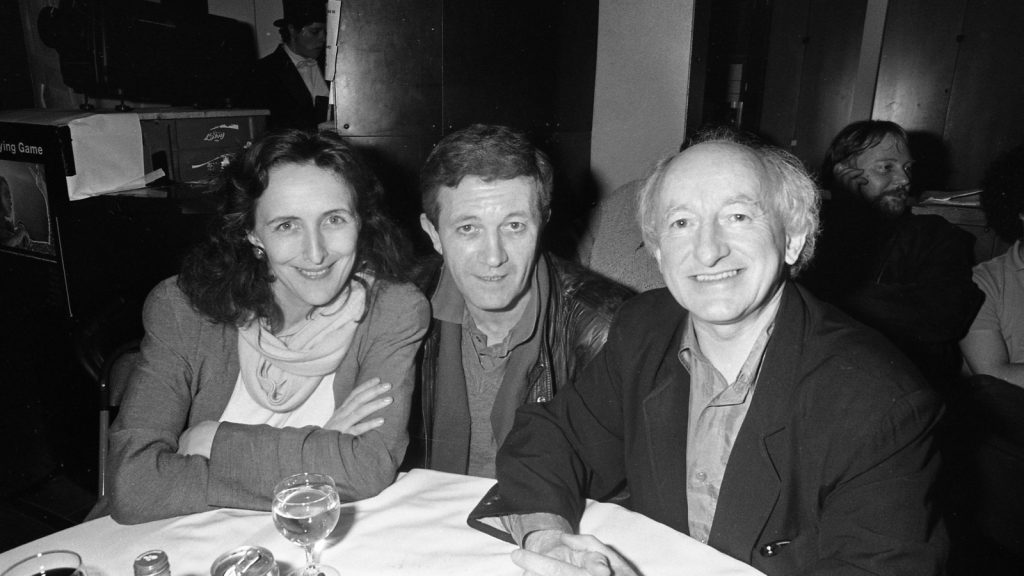
In John Huston’s The Dead (1987), based on a James Joyce short story, McCann brought a restrained dignity to his role as the kindly Gabriel Conroy, who learns that his wife Gretta, played by Anjelica Huston, still longs for her long-dead young sweetheart, and appeared in a stranger persona in Neil Jordan’s High Spirits (1988). There was also a cameo role of a doctor in Out of Africa (1985). McCann quipped: “It was very draining having to break news like that [of VD] to Meryl Streep.” In 1996 Bernardo Bertolucci gave him the leading part of an artist with a hidden past exiled in Tuscany, in Stealing Beauty.
His greatest achievement in the last decade and, as it turned out, his swan song on Dublin and New York stages, was his mesmerising performance in Sebastian Barry’s The Steward of Christendom, as the mentally unstable pensioner recalling his traumatic memories as the first Catholic police superintendent in the Royal Irish Constabulary. During rehearsals he so moved his normally sharp-edged fellow actors that several broke into tears.
Sebastian Barry said of McCann: “He was a nuclear actor. He had so much compression in himself that when he brought that on to the stage, it broadcast in the most extraordinary and unique way.” He described how on the last night of the play in New York in February 1997 the actor gave a towering performance on the anniversary of his father’s death, which was also the day his mother died. “It was in a sense his own farewell.”
Donal McCann, actor: born Dublin 7 May 1943; died Dublin 18 July 1999.
The above “Independent” obituary can also be accessed online here.
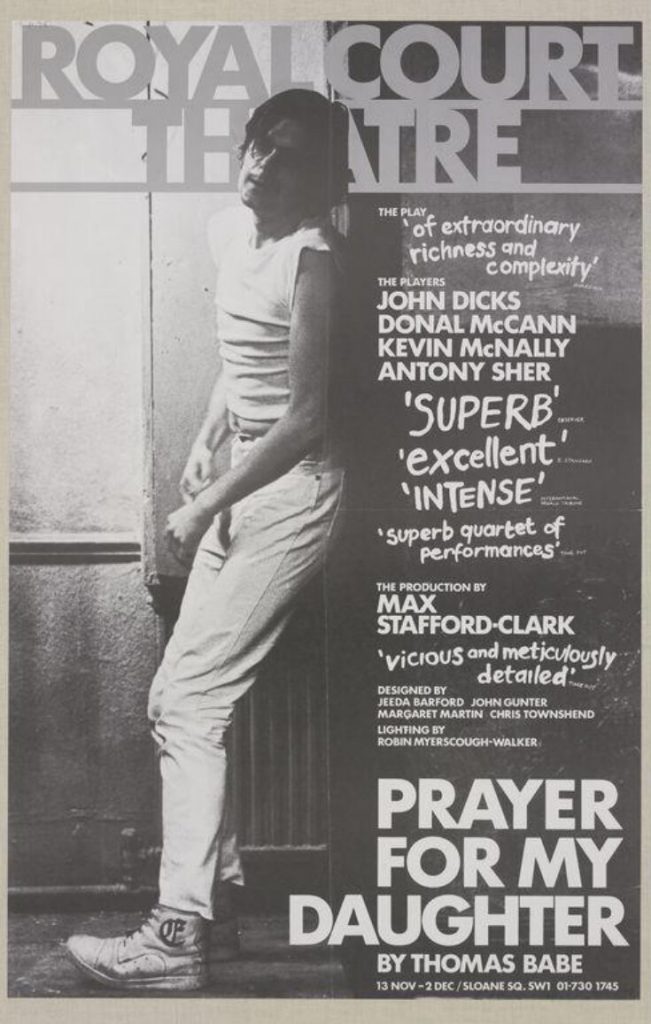
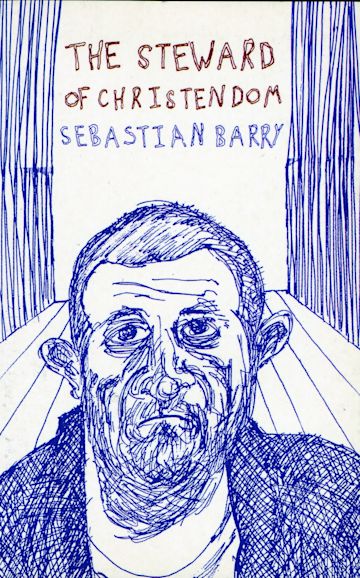
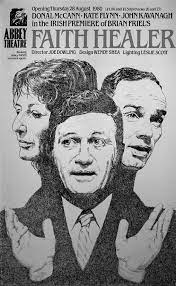
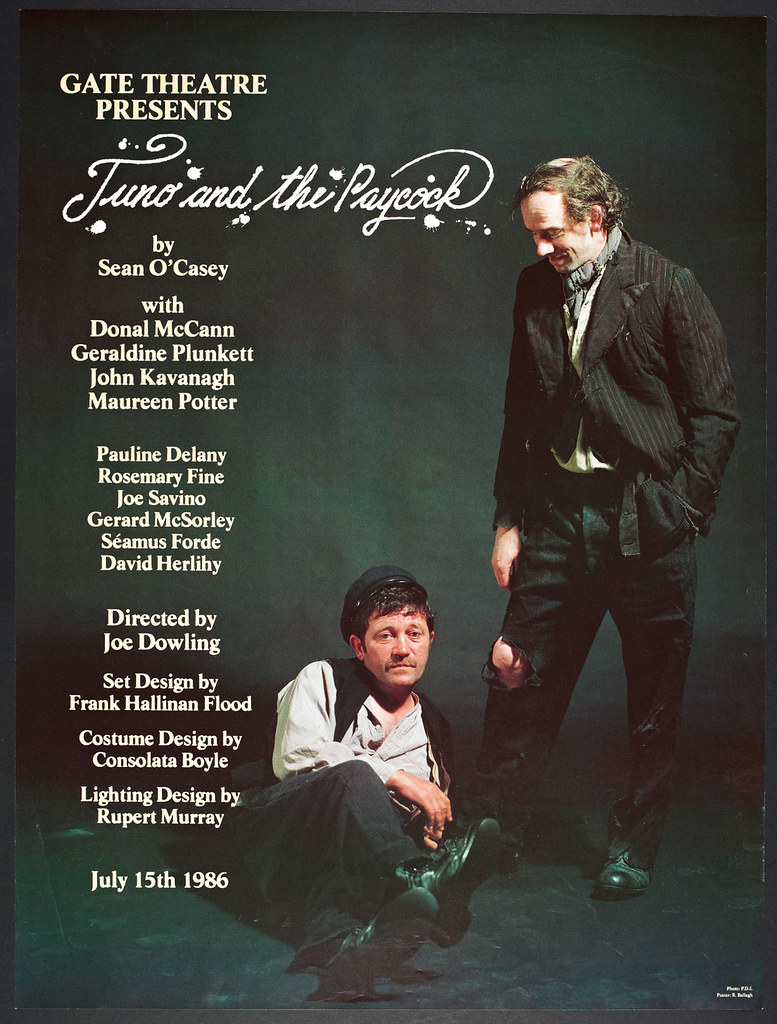
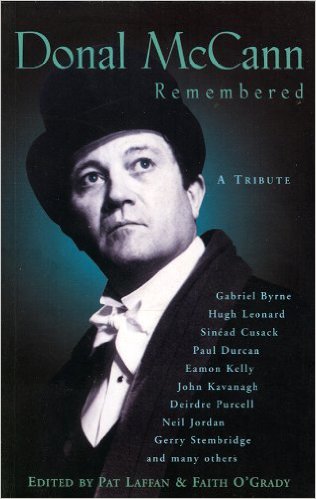
Dictionary of Irish Biography:
McCann, Donal Francis (1943–99), actor, was born 7 May 1943 in the Stella Maris private nursing home, 17 Earlsfort Terrace, Dublin, one of two sons (his brother died young) and one daughter of John McCann (qv), journalist, politician, and playwright, and Margaret McCann (née Berney) (d. 1998), native of Monaseed, Gorey, Co. Wexford. His father, who was twice lord mayor of Dublin, wrote a string of highly popular, well crafted light comedies for the Abbey theatre from the mid 1950s to early 1960s. Reared in the family home at 68 Fortfield Road, Terenure, McCann was educated at Terenure college, where he acted in student dramatics, and played junior cup rugby. After studying architecture for three months at Bolton Street technical college, he worked for eighteen months as a copy boy with the Irish Press, while taking evening acting classes, firstly under Ray McAnally(qv) at the National Academy for Theatre and Applied Arts, Camden Street (1962–3), and then in the newly formed Abbey School of Acting under Frank Dermody (1963). Joining the Abbey company, he began his professional stage career in the Queen’s Theatre (home to the company since the destruction by fire in 1951 of its own premises), where his work included roles in revivals of two of his father’s plays (‘Put a beggar on horseback’ (1963) and ‘A Jew called Sammy’ (1965)), and in the company’s annual Irish-language Christmas pantomimes (1963–6). His first major success was in the title role of the poetical, libidinous countryman in ‘Tarry Flynn’, an adaptation by P. J. O’Connor of the autobiographical novel by Patrick Kavanagh (qv), one of the first plays staged in the company’s new Abbey Street building (1966).
McCann won renown for masterly performances in several of Irish theatre’s most notable productions of the late 1960s. He gave a sharply timed, expertly controlled comic performance, opposite Cyril Cusack (qv), as a hapless, lisping British officer in ‘The shaughraun’ (1967), a critically and popularly successful revival, directed by Hugh Hunt (qv), of the long-maligned nineteenth-century farcical melodrama by Dion Boucicault (qv); McCann played to sensational notices when the Abbey took the production to London for the world theatre season (1968). He scored further triumphs in both Dublin and London, opposite Joan Greenwood in Hugh Leonard‘s (qv) two-handed satire of Britain’s imperial legacy, ‘The au pair man’ (1968), and as Estragon in a legendary pairing with Peter O’Toole in the first Abbey production of ‘Waiting for Godot’ by Samuel Beckett (qv), in the year of the author’s Nobel prize (1969). He also appeared in Dublin (at the Gaiety) with O’Toole in ‘Arms and the man’ (1969) by George Bernard Shaw (qv), and played the central role of the angry young provincial in ‘A crucial week in the life of a grocer’s assistant’ (1969), Tom Murphy’s unflinching dissection of small-town Ireland.
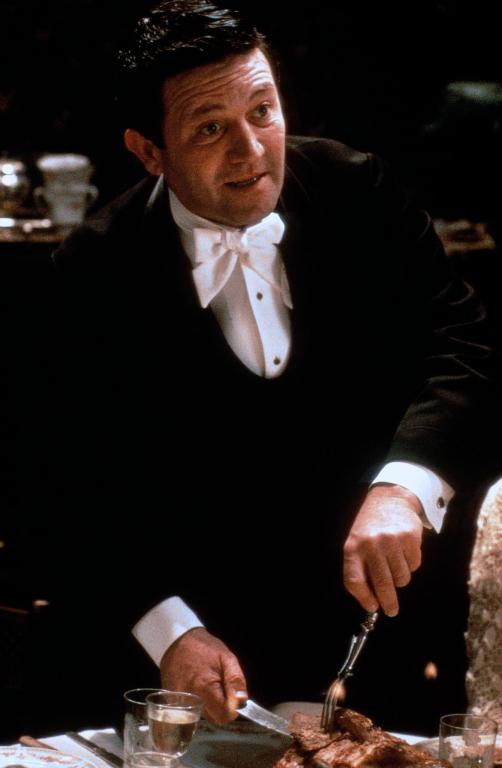
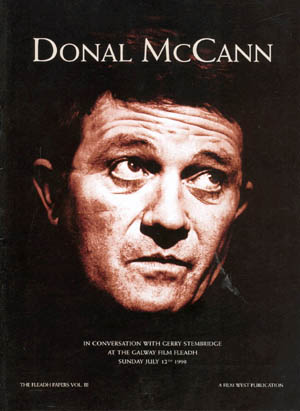
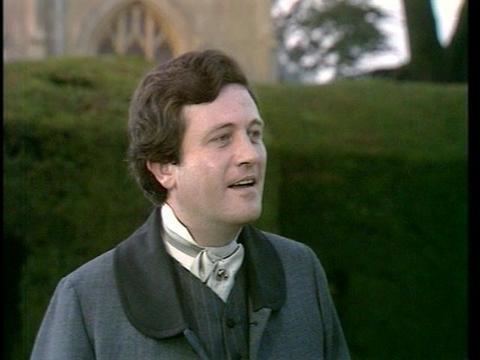
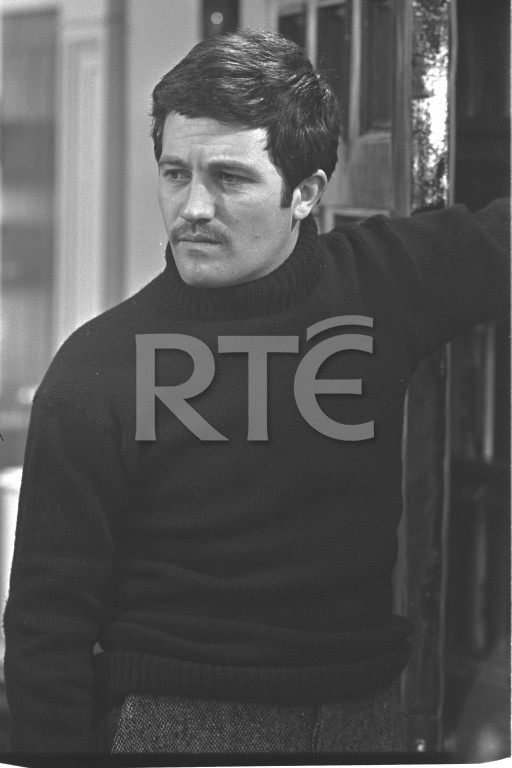
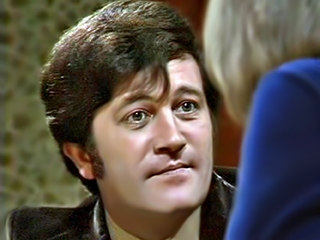
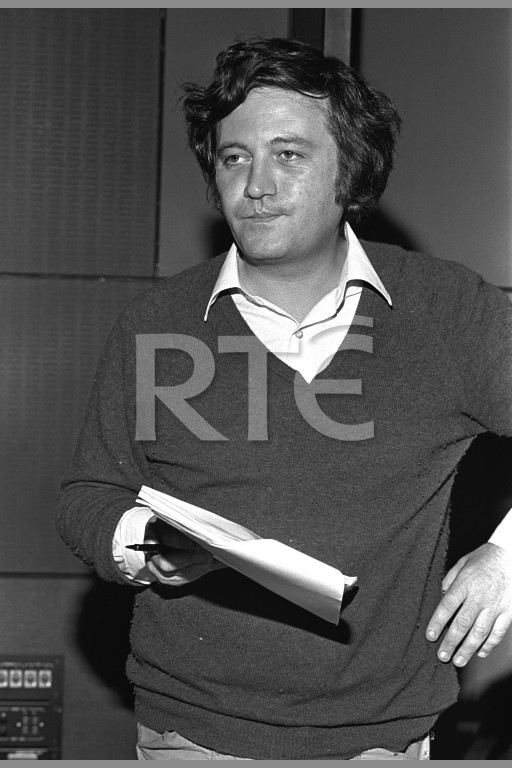
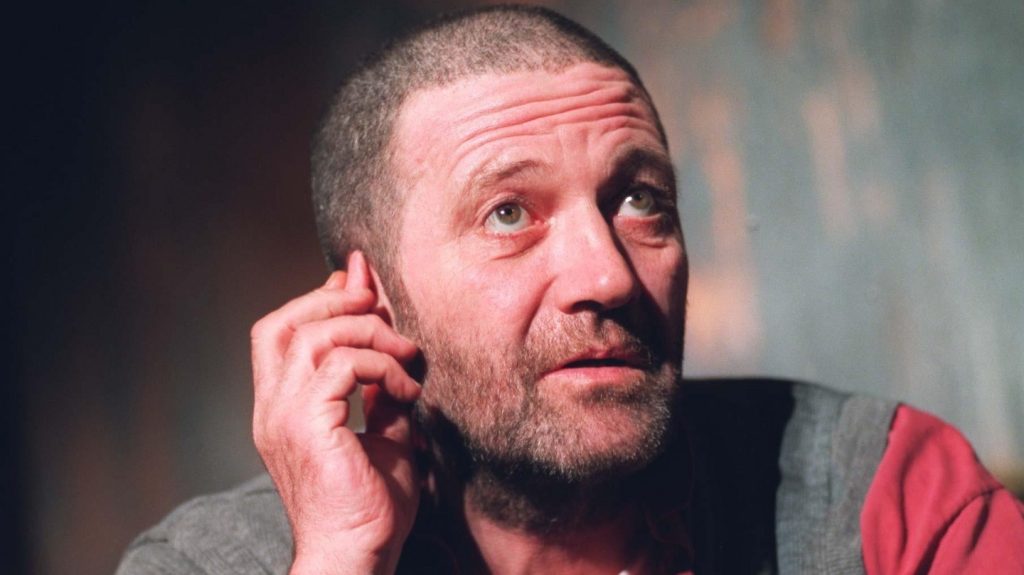
Based chiefly in London throughout the 1970s, McCann appeared as Jean, the male lead, opposite Helen Mirren in a riveting production by the Royal Shakespeare Company of Strindberg’s ‘Miss Julie’ (1971); the production was filmed (1972). Concentrating increasingly on television work (most of which he disparaged in later life), he appeared in TV dramas, and in many TV adaptations of plays, novels, and short stories by such Irish authors as Sean O’Casey (qv), James Joyce (qv), John Millington Synge (qv), Frank O’Connor (qv), and Sean O’Faolain (qv). These included worthy performances as Ned Lowry in ‘The mad Lomasneys’ (1970) (Hugh Leonard’s adaptation of O’Connor’s short story for the ITV series The sinners), as Seumas Shields in O’Casey’s ‘The shadow of a gunman’ (1973), and as Seán Keogh in Synge’s ‘The playboy of the western world’ (1974). He became known to a wide audience as the dashing Phineas Finn, the Irish parliamentarian, in the BBCserial The Pallisers (1974), based on the novels by Anthony Trollope (qv). He returned several times to the Dublin stage, most notably in Tom Kilroy’s surrealist comedy ‘Tea and sex and Shakespeare’ (1976), and, opposite Anthony Sher, in ‘A prayer for my daughter’, the harrowing drama by American playwright Thomas Babe, which transferred from London’s Royal Court (1978) to Dublin’s Project Arts Centre for the 1979 theatre festival. He became familiar throughout Ireland as Barney Mulhall in RTÉtelevision’s popular seven-part series Strumpet city (1980), Leonard’s adaptation of the novel by James Plunkett (qv) (1920–2003) set during the 1913 Dublin lockout.
As heavy drinking afflicted his personal and professional lives, McCann developed a reputation for truculence, unpredictability, and unreliability. These factors blighted his return to the Abbey (1980–81), for appearances in Tom Murphy’s underrated ‘The blue macushla’, a production for the O’Casey centennial of ‘The shadow of a gunman’ (with which he also toured in America), and Tom Stoppard’s ‘Night and day’. Nonetheless, he gave one of his greatest performances as Frank Hardy in the Abbey’s triumphant revival, directed by Joe Dowling, of Brian Friel‘s (qv) ‘Faith healer’ (1980), a role he would reprise on several occasions. Seamlessly inhabiting a character tormented by a sense of the fragility of his rare and troubling talent, and the incessant fear that his gift might desert him – a metaphor for the condition of the actor, or of any creative artist – McCann confronted and expressed many of his own fiercest inner demons.
Under the weight of his personal traumas, McCann’s career plummeted in the early 1980s, as he worked intermittently in television and cinema. He regrouped for a resounding comeback as Captain Boyle in the Gate theatre production of O’Casey’s ‘Juno and the paycock’ (1986). Directed by Dowling in a poignant, darkly revisionist interpretation, which emphasised the bleak circumstances of inner-city poverty that shape individuals and restrict the choices available to them, McCann captured the humour, pain, and impotent rage of his character’s condition, while engaging in an inspired, tragicomic duet with John Kavanagh as Joxer Daly. After an extended fourteen-week run at the Gate, the production toured in Edinburgh, Jerusalem, and to great acclaim in New York (1988). McCann (as Fluther Good) and Kavanagh (as Uncle Peter) teamed in another O’Casey classic, ‘The plough and the stars’ at the Gaiety (1987), and in Friel’s ‘Wonderful Tennessee’ (1993), which premiered at the Abbey before a brief and disappointing New York engagement. McCann appeared at the Gaiety in a revival of Friel’s ‘Translations’ (1988).
McCann’s last stage role was among his greatest and most widely acclaimed. His performance as the Lear-like Thomas Dunne in ‘The steward of Christendom’ by Sebastian Barry, was a mesmerising tour-de-force, depicting the tormented dotage of a formerly imperious DMP inspector, now an abject, lonely old man, teetering on the edge of madness in the county home, haunted by memories of his three willful daughters and slain soldier son. After opening in London’s Royal Court (1995), the production toured in several countries, including a twelve-week run in New York (1997), where leading critics lauded McCann as one of the world’s great actors. He was co-winner of the London Critics’ Circle Theatre Award for best actor (1995).
Beginning with a minor part in the Disney romp The fighting prince of Donegal (1966), McCann made some twenty feature films; despite consistently skilled work with some notable directors, in none did he equal the complete range and depth of his stage acting. In his first leading film role he gave a solid performance as Gar Public (opposite another young Abbey actor, Des Cave, as his alter ego, Gar Private) in a stagebound adaptation of Friel’s play Philadelphia, here I come! (1970). His most satisfying cinematic role was in The dead (1987), the last film of John Huston (qv), adapted from the James Joyce short story, and costarring Anjelica Huston; McCann’s performance, as Gabriel Conroy, was understated and richly nuanced, and demonstrated his skill as an unselfish ensemble player. He was in three films of Neil Jordan: Angel (1982), as a corrupt monosyllabic police detective; the slight Hollywood comedy High spirits (1988); and The miracle (1991), in a key role as an alcoholic musician harbouring a secret. Bob Quinn cast him in three films: the inventive Irish-language feature Poitín (1978), and the companion films Budawanny (1987) and The bishop’s story (1994), as a catholic priest who fathers a child with his housekeeper. He played the psychologically unstable father of the eponymous IRA volunteer in Pat O’Connor’s Cal (1984), and one of two presbyterian farming brothers enmeshed in a love triangle in December bride (1990), directed by Thaddeus O’Sullivan from the novel by Sam Hanna Bell (qv). He was conspicuous among an international cast in Bernardo Bertolucci’s Stealing beauty (1996).
The most consummate Irish stage actor of the period, meriting inclusion among Ireland’s greatest ever actors, McCann brought incredible concentration to the development and realisation of a role, labouring ceaselessly in rehearsal to ‘get it right’, to perfect a line or a scene. With strong, darkly handsome features, and large, haunted eyes, he had a rich, resonant voice; though not a large man, he inhabited the stage with a commanding physicality. Numerous commentators remarked the danger and mystery that invested his performances, the sense of watching a man on the razor’s edge. Very much a writer’s actor, insistent that the actor’s job was to serve the writing, he maintained that he performed scripts, not parts. At its greatest, his acting seemed to transcend artifice, as he utilised the technique of the actor’s craft not so much to ‘playact’ a role, as to invest a stage character with all the anguish, turmoil, and confusion of his own complex and contradictory personality, thus achieving a performance both tragic and true. Fellow actor Barry McGovern observed that ‘seeing Donal on stage was a slightly voyeuristic experience. We shared his torments for a while, but we didn’t have to take them home with us’ (quoted in Laffan, 106–7). In his last few years he maintained consistent sobriety. Indifferent to wealth or celebrity, he was famously described by one critic as having an ego ‘one-twentieth the size of a Hollywood bit player’s’ (Ir. Times, 24 July 1999).
McCann was married; he and his wife Geraldine had three sons, but separated by the mid 1970s. For some twenty years he had a deep relationship with the accomplished Abbey actress Fedelma Cullen (1948–2003), who provided him with a measure of stability throughout his most troubled period, and the encouragement and support that allowed his comeback of the mid 1980s. They separated in the mid 1990s. His partner thereafter was Beau Marie St Clair. McCann was awarded an honorary D.Litt. by TCD (1997). His chief and passionate recreation was gambling on horses and hounds. He also painted and sketched, being a talented caricaturist and cartoonist. Always a man of unostentatious religious faith, in later life he found a profound spirituality and serenity. Falling gravely ill with pancreatic cancer in November 1997, he underwent a major operation and chemotherapy, facing a poor prognosis with exceptional acceptance and courage. He died 17 July 1999 at Our Lady’s Hospice, Harold’s Cross, Dublin, and was buried in St Patrick’s cemetery, Monaseed, Co. Wexford, his mother’s native place where he had holidayed regularly as a child. A television documentary by Bob Quinn, It must be done right (1999), based around a public interview given by McCann to Gerry Stembridge at the 1998 Galway film fleadh, was broadcast weeks before his death

